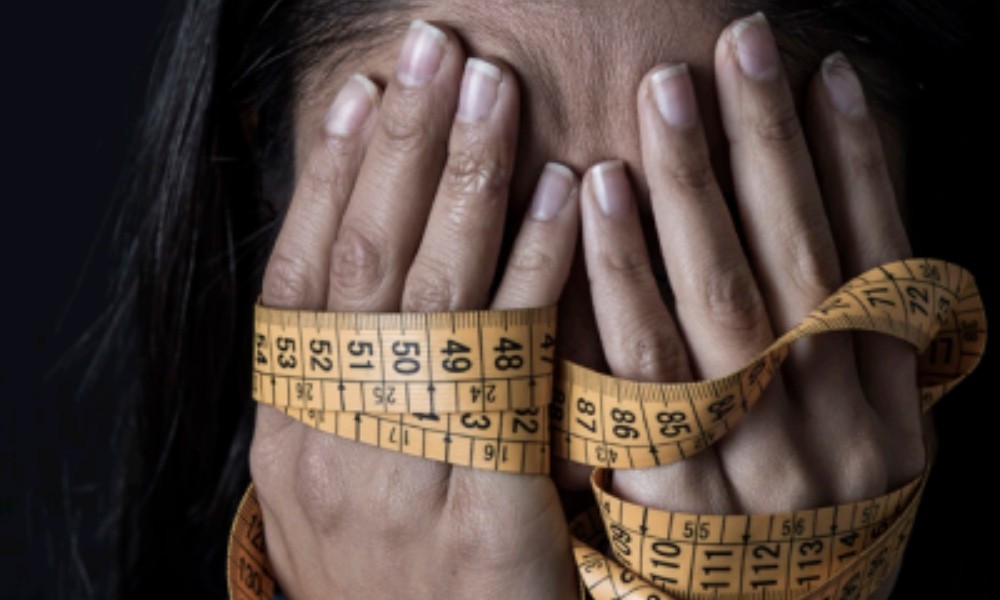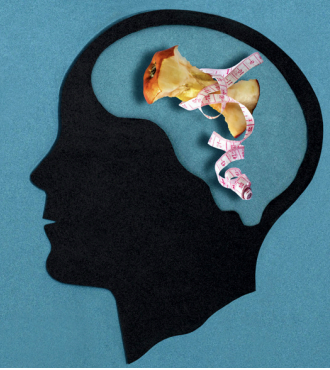
Bariatric patients may find themselves either returning to previous eating behaviors or developing new behaviors of particular concern after surgery. How does one avoid this while counting calories, protein, and every other possible nutrient?
What is an Eating Disorder?
Eating Disorders (EDs) are considered serious, bio-psycho-mental illnesses, not merely lifestyle choices, though they may or may not begin this way. Several factors impact the development of EDs, including genetics, weight stigmas, such as thinner = better or weight = worth, and perfectionism or body dissatisfaction.
Common EDs include:
- Anorexia Nervosa
- Bulimia Nervosa
- Binge Eating Disorder
Other EDs include, but are not limited to:
- Avoidant Restrictive Feeding Intake Disorder (ARFID)
- Other Specified Feeding and Eating Disorder (OSFED)
- Unspecified Feeding and Eating Disorder (UFED)
- Rumination Disorder
- Pica
I suspect I have an eating disorder. What’s next?
Reach out! Connect with a trusted healthcare provider or your bariatric care team and express your concerns. Providers who do not specialize in EDs can refer you to one. At that point, if you meet with the specialist and receive a diagnosis of an ED, then you will be referred to the appropriate level of care.
Looking at the scale and counting calories make me anxious. How can I navigate this?
Work with your dietitian and/or an ED specialist. These professionals can do some of the monitoring for you and give you tricks on how to ensure that you are both physically and mentally healthy, given your unique situation.
Need additional resources?
 National Eating Disorder Association Helpline
National Eating Disorder Association Helpline
Call or Text: (800) 931-2237
Bluegrass Nutrition Counseling
3167 Custer Drive, Suite 301
Lexington, KY 40517
Phone: 859-388-9152
Louisville Center for Eating Disorders
11824 Ransum Drive
Louisville, KY 40243
Phone: 502-205-1114
